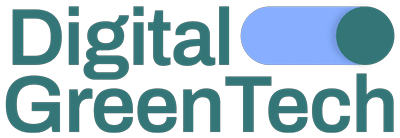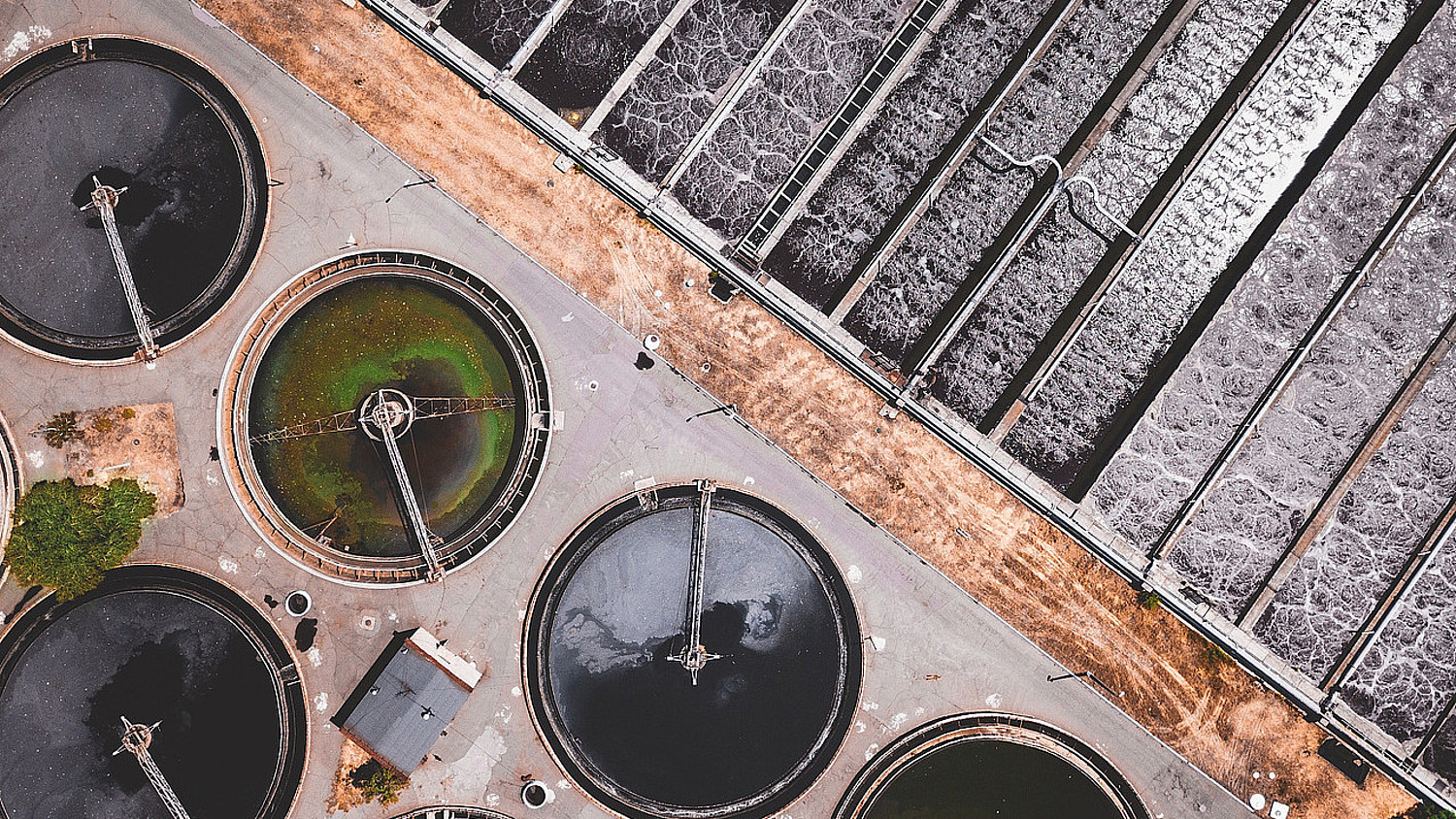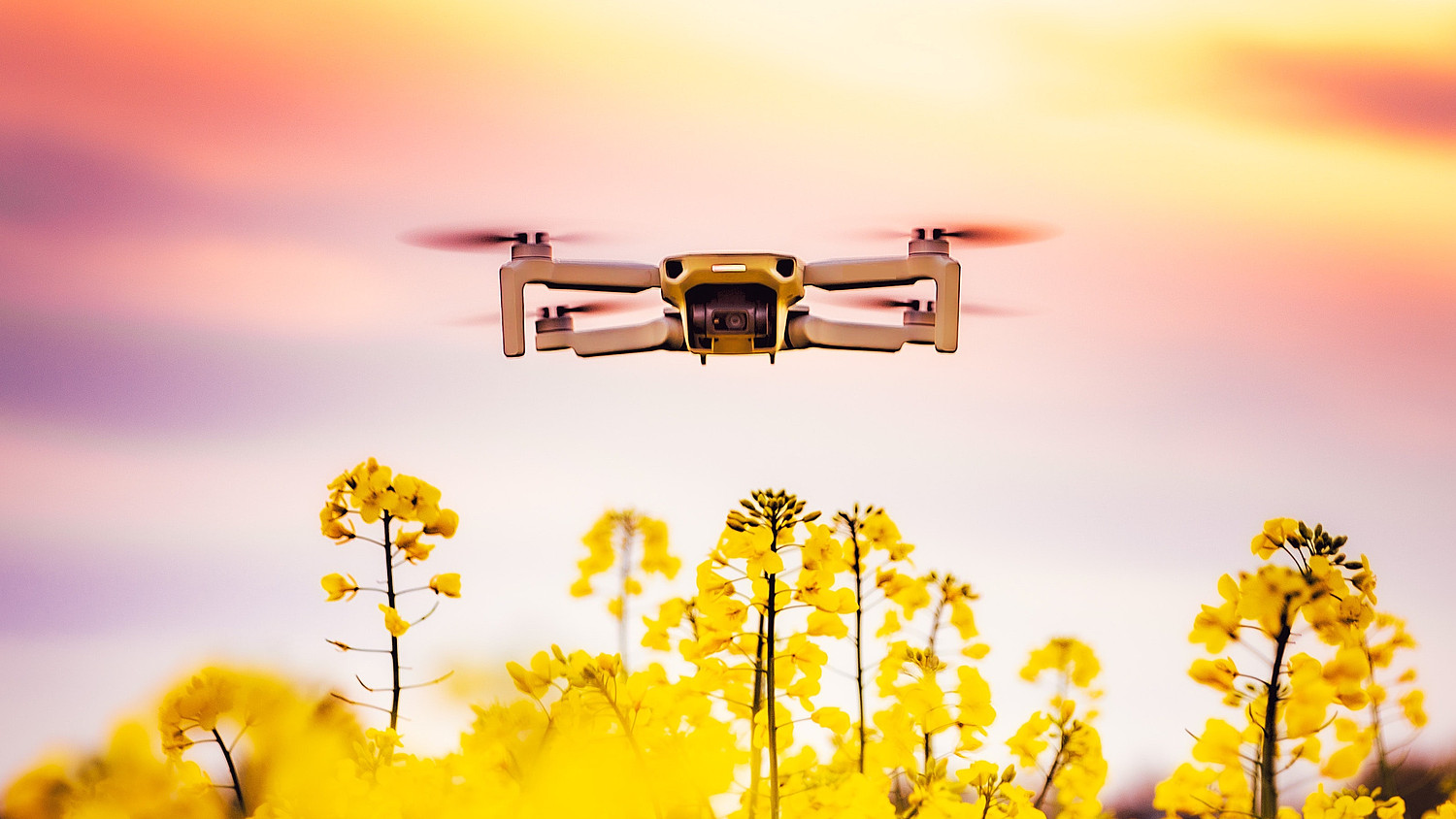Background and objectives
The megatrend digitalization megatrend brings opportunities, but also risks. At the same time, the finite nature of resources as well as structural and climate change are increasingly becoming areas of tension for the economy and society. It is therefore important that digitalization and sustainable development are considered and implemented together and that the development of intelligent, resource-conserving environmental technologies is fostered. For this reason, the Federal Ministry of Education and Research (BMBF) has been funding the development of technologies that contribute to the conservation of natural resources and the reduction of environmental pollution since 2020 with the Digital GreenTech—Environmental Technology Meets Digitalization funding measure.
The research projects aim to develop more sustainable solutions at the intersection of digitalization and environmental technology in the areas of water management, sustainable land management and geotechnology as well as resource efficiency and the circular economy. From 2020 to 2023, 13 research projects have already conducted research on these topics. Since July 2023, 14 other projects have been conducting research as part of Digital GreenTech.
The Federal Ministry of Education and Research (BMBF) is funding Digital GreenTech as part of the Research for Sustainable Development (FONA) strategy and the Natürlich.Digital.Nachhaltig action plan. The new digital approaches and processes are intended to improve the economic efficiency and sustainability of environmental technologies in Germany and worldwide. This will contribute to achieving the United Nations' global Sustainable Development Goals, in particular Clean Water and Sanitation (SDG6), Decent Work and Economic Growth (SDG8), Industry, Innovation and Infrastructure (SDG9), Sustainable Cities and Communities (SDG11) and Sustainable Consumption and Production (SDG12).
Accompanying scientific project
The accompanying scientific project Network Digital GreenTech (NetDGT) is carried out by the German Informatics Society e.V. in cooperation with the Oeko-Institut. It promotes networking, professional exchange and the transfer of results between the individual joint projects and supports the analysis and synthesis of their results. A key aspect of networking between the joint projects is the scientific-practical exchange on the cross-cutting topics of artificial intelligence and research data management. The accompanying project organizes this discussion and exchange process.
Short and long-term projects
Two funding lines were announced with Digital GreenTech: Short projects and long projects.
The aim of the short projects with a maximum duration of 6 months was to develop a concept for the application for a long project and to find suitable partners. The 23 funded short projects have been completed since spring 2021. An overview can be found here. There are no plans to fund further short projects by the second deadline.
The duration of the actual research and development projects—known as long-term projects —is usually two years, in exceptional cases three years. At the first deadline on June 30, 2020, 11 long-term projects were selected for funding. Since July 2023, 14 long-term projects have been funded as part of the second deadline.
Focus of Digital GreenTech research
Digital GreenTech focuses on water management, sustainable land management and geotechnology as well as resource efficiency and the circular economy. The following technological topics are addressed:
- Using data intelligently
- Networking systems
- Creating autonomous systems
- Digital interactions





